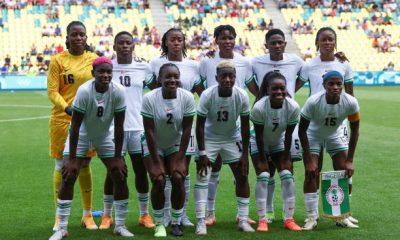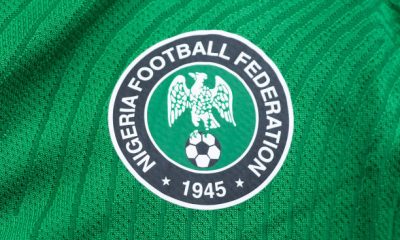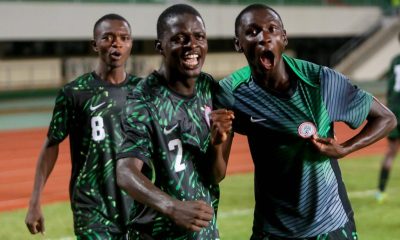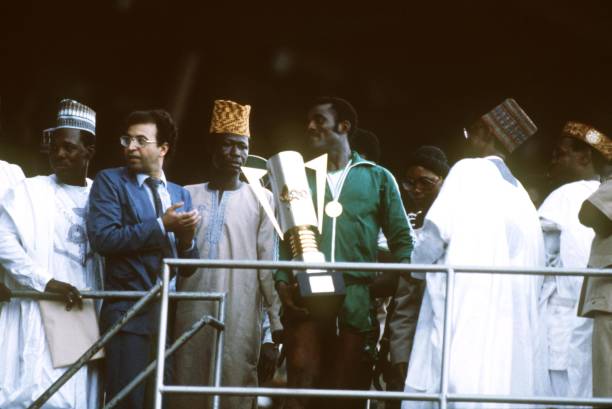
From dusty pitches in Lagos to iconic victories on the global stage, Nigerian football history is a powerful story of resilience, raw talent, and national pride. Over the decades, the Super Eagles have evolved from local underdogs into one of Africa’s most revered footballing nations. This post takes you through 7 epic moments that solidified their legacy and positioned Nigeria as a true continental powerhouse.
1. The Birth of a Movement (1945–1960)
The roots of Nigerian football history trace back to the colonial era, where organized football emerged through school competitions and military units. In 1945, the Nigeria Football Federation (NFF), then known as the Nigeria Football Association, was founded. Early matches were friendly games against Gold Coast (now Ghana), laying the groundwork for national unity through sport.
The formation of the national team sparked a nationwide passion for football. Even before independence in 1960, football had become Nigeria’s favorite pastime, shaping the nation’s sporting identity.
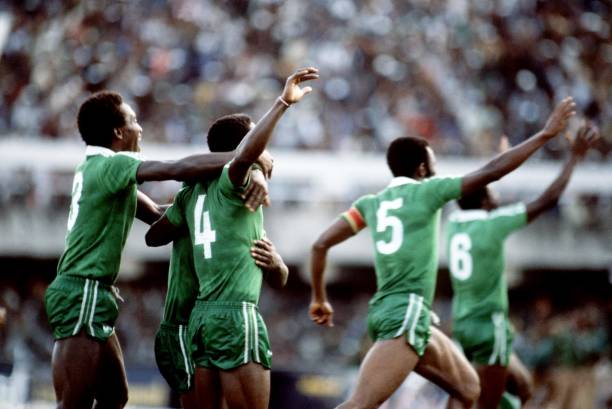
2. The Green Eagles Era & 1980 AFCON Glory
One of the most pivotal periods in Nigerian football history was the transformation from the Green Eagles to the Super Eagles. The team, under the management of Otto Gloria, won its first Africa Cup of Nations (AFCON) title in 1980 on home soil, defeating Algeria 3-0 in Lagos.
Stars like Segun Odegbami and Christian Chukwu became household names. That victory wasn’t just a trophy—it was the beginning of belief. For the first time, Nigerians saw themselves as leaders in African football.
3. Golden Generation of the 1990s
If there’s a chapter that defines Nigerian football history, it’s the golden decade of the 1990s. The Super Eagles consistently dazzled on both the continental and global stages. Key milestones include:
- Winning the 1994 AFCON in Tunisia
- Reaching the Round of 16 in their first FIFA World Cup appearance in 1994
- Winning Olympic Gold at Atlanta ’96, defeating Brazil and Argentina
This era produced legends like Jay-Jay Okocha, Nwankwo Kanu, Finidi George, and Daniel Amokachi. Their flair and charisma brought international attention to Nigerian football, and for the first time, Nigerian players were being signed by elite European clubs.
4. 1994: Nigeria Ranked 5th in FIFA World Rankings
A defining moment in Nigerian football history came in 1994 when Nigeria reached 5th place in the FIFA world rankings—the highest ever for an African nation. This global recognition validated Nigeria’s growing football dominance and showed that the Super Eagles were not just kings of Africa, but a force worldwide.
5. The Turbulent 2000s: Talent vs. Turmoil
Despite immense talent, the 2000s saw a turbulent chapter in Nigerian football history. The Super Eagles remained competitive—finishing third in AFCON 2002, 2004, and 2006—but internal disputes, coaching instability, and administrative inefficiencies often derailed success.
Players like Obafemi Martins, Yakubu Aiyegbeni, and John Obi Mikel shone individually, but the lack of cohesion held the team back. However, this era was also crucial for development, with many players gaining experience in elite European leagues.
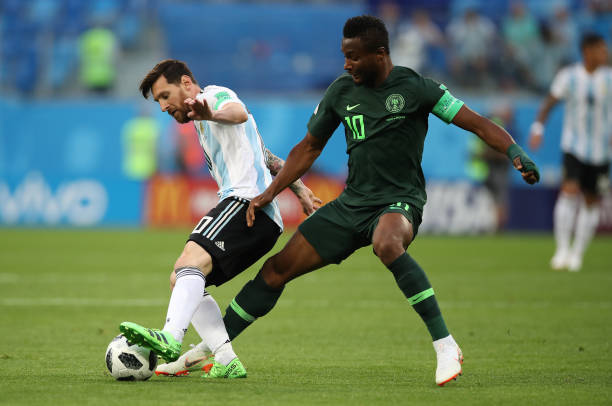
6. Redemption in 2013: AFCON Champions Again
After 19 years, Nigeria reclaimed continental glory by winning the 2013 AFCON in South Africa. Under coach Stephen Keshi—a former captain of the 1994 winning team—the Super Eagles defeated Burkina Faso 1-0 in the final.
This victory was historic for several reasons:
- Stephen Keshi became only the second person to win AFCON as both a player and a coach.
- A squad filled with local-league players proved their worth.
- It revived public trust in Nigerian football after years of disappointment.
The 2013 triumph added another proud chapter to Nigerian football history, proving that determination and unity can overcome adversity.
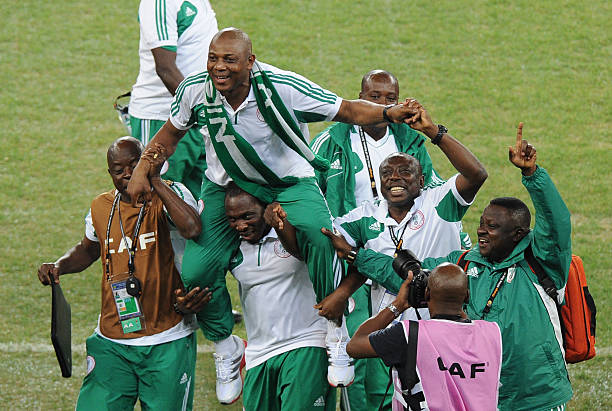
7. The Modern Era: New Stars, New Hope
In recent years, Nigerian football history continues to evolve with a new generation of exciting talent. Players like Victor Osimhen, Samuel Chukwueze, and Wilfred Ndidi now carry the torch. The Super Eagles qualified for the 2018 and 2022 World Cups and are building toward another strong campaign for 2026.
With improvements in youth academies, coaching, and player exports, Nigeria is strategically laying the foundation for sustainable success. The rise of women’s football, especially the Super Falcons, is also an important footnote in the broader narrative.
Impact Beyond the Pitch
Nigerian football history is not just about trophies. It’s about national pride, cultural identity, and uniting people across ethnic, religious, and economic divides. In a country with over 200 million citizens, football has often been the thread that binds everyone together.
The economic impact is also worth noting: local clubs, merchandise, tourism, and media rights continue to grow, spurred by the success of national teams and Nigerian players abroad.
SUGGESTED FOR YOU
Nigeria Super Eagles Players: 25 Fearless Stars to Watch in the 2025 Full Squad Reveal
Conclusion: A Legacy Still Being Written
The story of Nigerian football history is still unfolding. From humble beginnings to global stardom, the Super Eagles’ rise to continental power has been filled with iconic moments, legendary players, and unforgettable victories.
As Nigeria builds toward the future—with better infrastructure, leadership, and youth development—the world should prepare for the next chapter. One thing is certain: the fire that was lit decades ago still burns brightly in every Nigerian fan, player, and coach.
Nigerian football history is not just powerful—it’s unstoppable.
Let me know if you’d like:
- A downloadable Word or Google Docs version
- Optimized internal linking suggestions
- Meta description, OG tags, and schema markup for publishing
Ready to take this live when you are!




